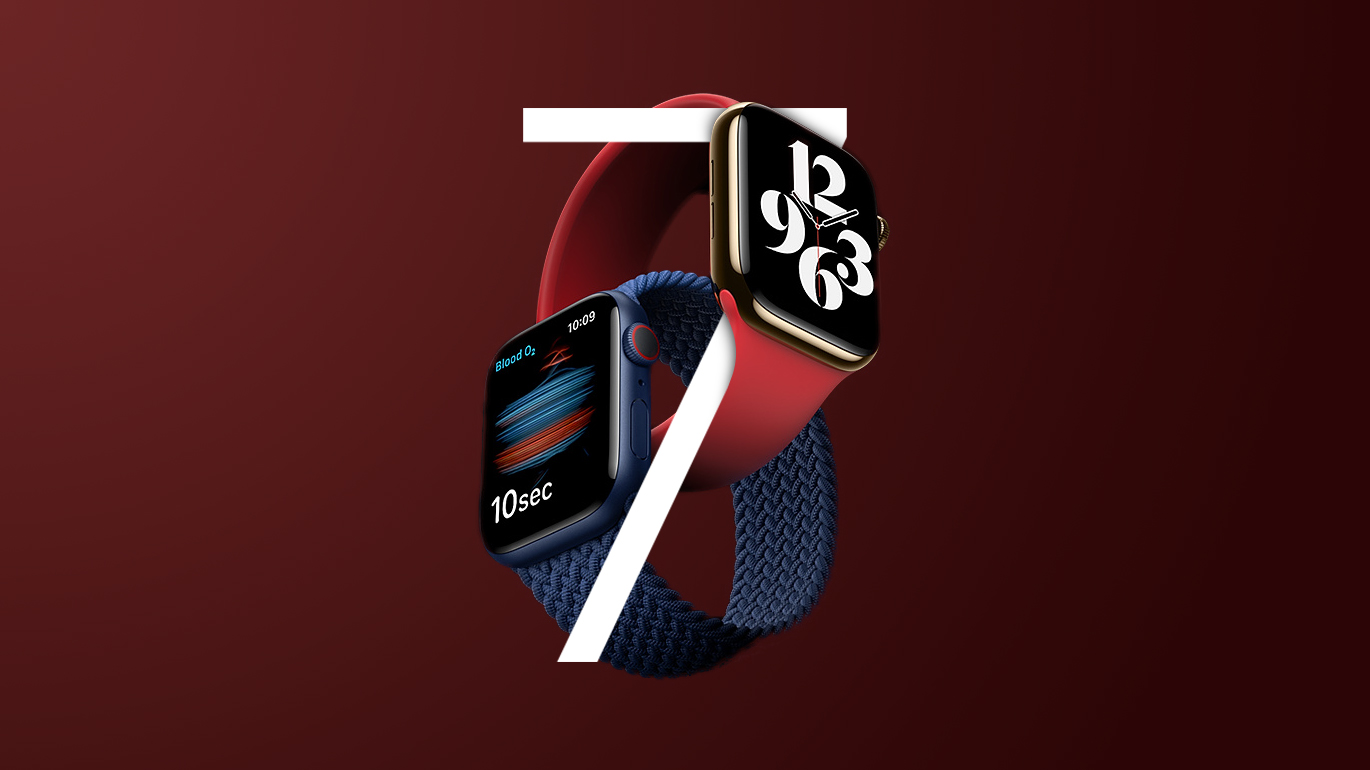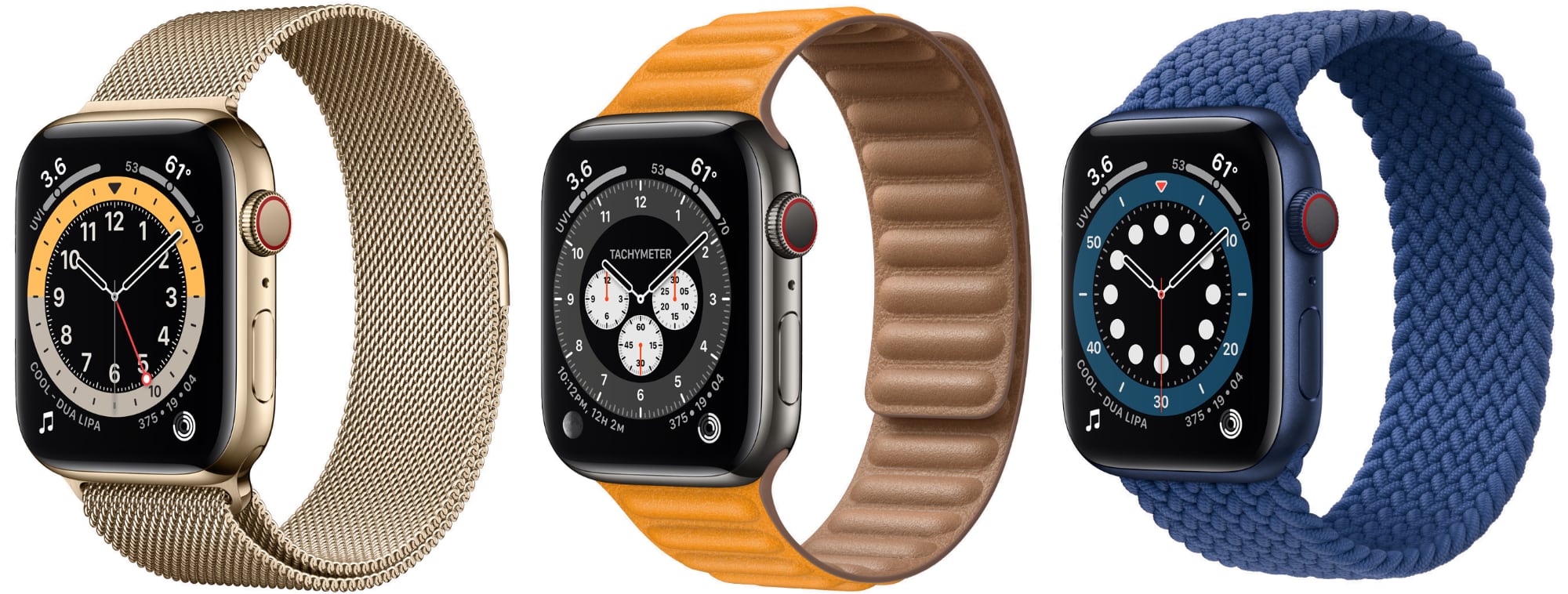
Apple could skip adding new health sensors to this year's redesigned Apple Watch Series 7 in favor of improving the battery life of the device, based on rumors and recent reports.

According to well-respected Apple analyst Ming-Chi Kuo, the Series 7, expected to drop in September, could feature the first significant redesign the Apple Watch has had in several years. As part of the redesign, which could include a flat-edged case that's similar to the iPhone 12 or the iPad Pro, Apple is also said to be adopting new double-sided System in Package (SiP) technology to reduce the size of the processor.
A new report from the Economic Daily News notes that the smaller "S7" chip will free up internal space for a larger capacity battery or additional health sensors. However, Apple is expected to delay the introduction of other sensors until 2022 at the earliest, according to multiple reports from sources with a high accuracy for predicting Apple's plans.
According to Bloomberg, Apple is working on a way to bring blood glucose monitoring capabilities to the Apple Watch using a non-invasive optical sensor, but it will not be ready for commercial launch for several more years. Apple was also considering adding a body temperature sensor in the 2021 Apple Watch, but Bloomberg says it is instead likely to be introduced in the 2022 update.
With the redesign expected to allow Apple to either retain the size of the current generation model or slightly thicken it – albeit not in a way noticeable to the user – this could leave ample room for Apple to increase the battery capacity inside.
The 44mm Apple Watch Series 6 uses a 1.17Wh battery that's 3.5% larger than the battery in the Series 5, while the 40mm Apple Watch Series 6 includes a 1.024Wh battery that's 8.5% larger than the battery in the Series 5. However, despite improvements in charging speed, the addition of new features and sensors in successive Apple Watch models has seen battery life stay relatively constant over the years.

Apple advertises the Series 6 as offering all-day battery life up to 18 hours. Apple bases "all-day" estimates on 90 time checks, 90 notifications, 45 minutes of app use, and a 60-minute workout with music playback via Bluetooth. Unlike other Apple products like iPhones, however, this claim has been consistent since the Apple Watch Series 1 through to the latest model.
One rationale for prioritizing increased battery life in the Series 7 is that Apple could heavily promote the improvement in order to lure owners of older Apple Watch models to upgrade. This could be particularly attractive to users whose Apple Watch battery life has gradually deteriorated over the years due to chemical aging.
Increasing the battery capacity could also allow Apple Watch to better compete with rival smartwatches that tend to promote their multi-day battery life as a tentpole feature, such as the Fitbit Versa 3, which can operate for over six days on a single charge.
Aside from potential battery improvements, Apple Watch Series 7 is also expected to feature improved wireless connectivity, an improved U1 Ultra Wideband chip, thinner display bezels, and the use of a new lamination technique that brings the display closer to the front cover, with updated screen technology.
Article Link: Redesigned Apple Watch Series 7 Could Prioritize Longer Battery Life Over Additional Sensors
Last edited:

